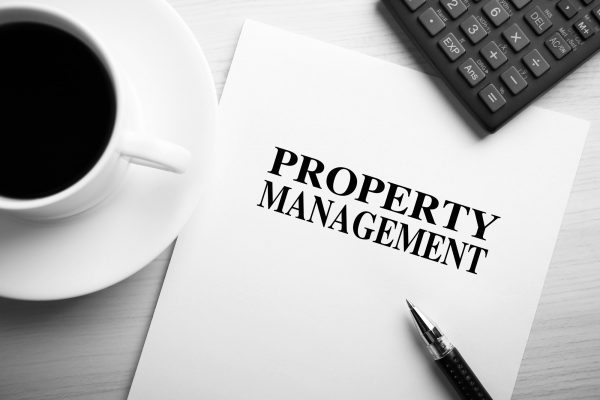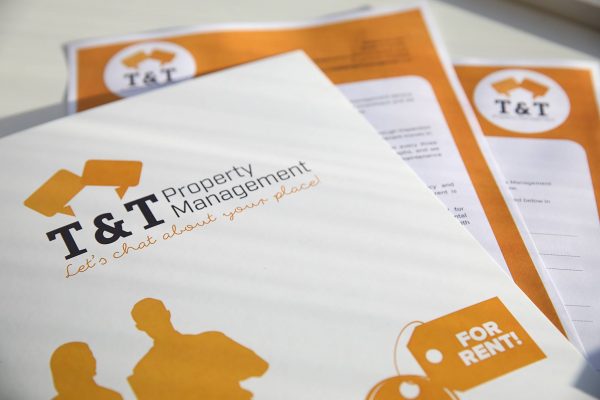So You’ve Bought An Investment Property.. Now What? 28/07/2020
Investing in property is a great way to generate a return and has two types of potential returns. The first being from rent paid by tenants and the second is the property increasing in value, called capital gain. Rentals can provide regular income while maximizing capital through leverage. Rent should rise over time whilst debt decreases.
First things first, get a pre-purchase rental assessment done before investing. For a small fee you can get the opinion of an expert who will point out the strengths and weaknesses of your investment. This will determine if the property you want to purchase will do well in the rental market and why.
The thought has probably crossed your mind to self manage. Cash flow properties can be hard to come by nowadays so saving money on management probably seems reasonable. However, property managers can be an essential part of helping you generate return. They can educate you on ways to improve the property in order to achieve more rent or problems to steer clear of. Property management is a tax-deductible expense therefore, you could save on income tax by hiring a property manager all while utilizing their expert knowledge in order to generate more return. Property management is a great way to enjoy the benefits of owning a rental without the stress and worry.
Purchasing your first or even your fourth investment property may seem like a great idea. However, always ensure you have done your research and had experts look into it for you before committing. Rentals can be costly but they can also be a great source of return.
Investing in property is a great way to generate a return and has two types of potential returns. The first being from rent paid by tenants and the second is the property increasing in value, called capital gain. Rentals can provide regular income while maximizing capital through leverage. Rent should rise over time whilst debt decreases.
First things first, get a pre-purchase rental assessment done before investing. For a small fee you can get the opinion of an expert who will point out the strengths and weaknesses of your investment. This will determine if the property you want to purchase will do well in the rental market and why.
The thought has probably crossed your mind to self manage. Cash flow properties can be hard to come by nowadays so saving money on management probably seems reasonable. However, property managers can be an essential part of helping you generate return. They can educate you on ways to improve the property in order to achieve more rent or problems to steer clear of. Property management is a tax-deductible expense therefore, you could save on income tax by hiring a property manager all while utilizing their expert knowledge in order to generate more return. Property management is a great way to enjoy the benefits of owning a rental without the stress and worry.
Purchasing your first or even your fourth investment property may seem like a great idea. However, always ensure you have done your research and had experts look into it for you before committing. Rentals can be costly but they can also be a great source of return.




